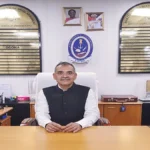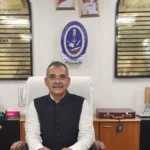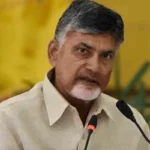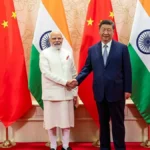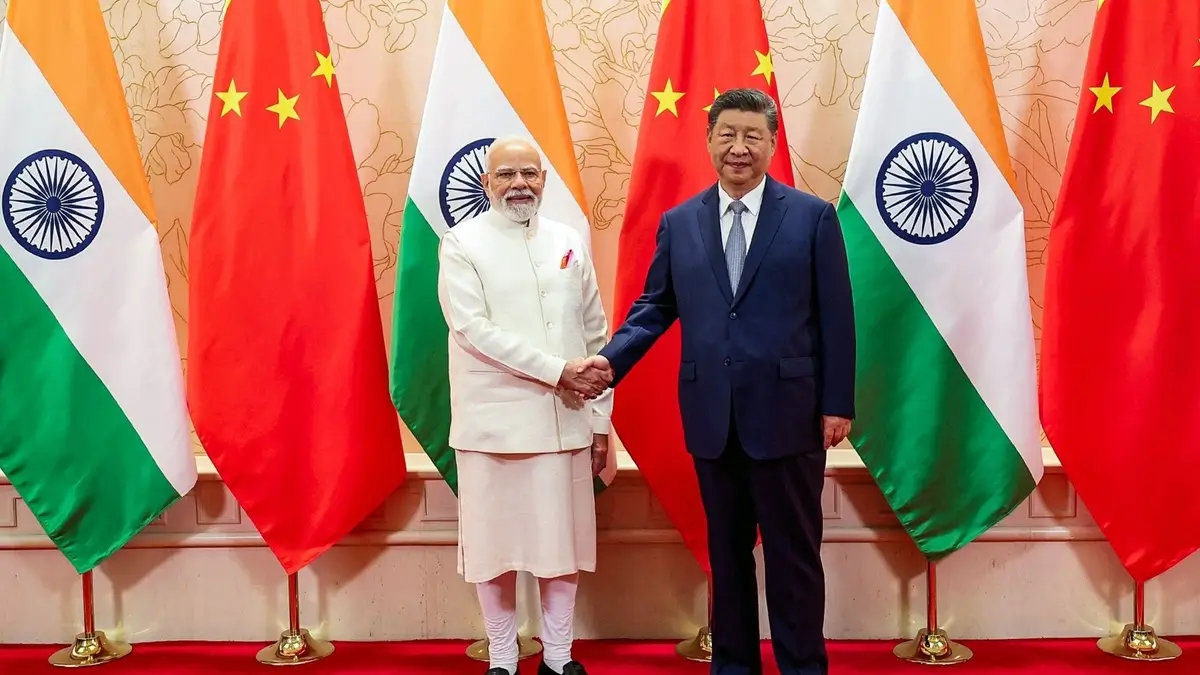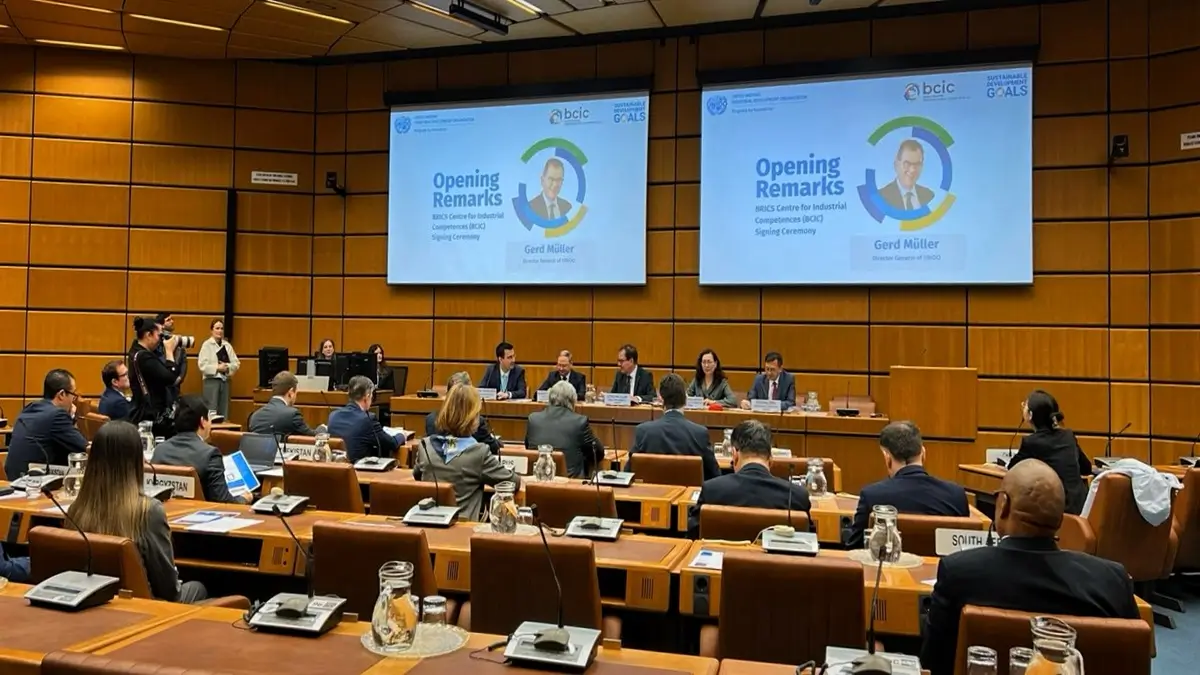PM to Chair 9th Governing Council Meeting of NITI Aayog
Introduction to the Meeting
The Prime Minister of India is set to chair the 9th Governing Council Meeting of the NITI Aayog on [Date]. This significant event will bring together key stakeholders to discuss crucial policy issues and review the progress of various initiatives. The Governing Council, which includes Chief Ministers of all states and Union Territories, will focus on improving cooperative federalism and driving socio-economic development across the country.
Key Agenda Items
During the meeting, several critical topics are expected to be on the agenda. These include strategies for achieving sustainable development goals (SDGs), addressing regional disparities, and evaluating the impact of ongoing central and state government schemes. Additionally, the meeting aims to enhance the role of states in policy formulation and implementation, fostering a more collaborative approach to governance.
Strategic Importance
The NITI Aayog, or the National Institution for Transforming India, was established to replace the Planning Commission and act as a think tank for the Indian government. Its Governing Council meetings are pivotal in aligning state and central government policies. This meeting will serve as a platform for discussing progress, addressing challenges, and formulating strategies to achieve the nation’s developmental goals more effectively.
Anticipated Outcomes
The outcomes of this meeting are expected to influence future policy decisions and developmental strategies. By fostering a collaborative environment between the central and state governments, the meeting aims to address key issues such as economic growth, poverty alleviation, and regional development. The insights and recommendations generated from this meeting will play a crucial role in shaping India’s development trajectory.
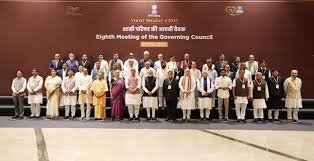
Why this News is Important
Enhancement of Cooperative Federalism
The 9th Governing Council Meeting of NITI Aayog is crucial for promoting cooperative federalism in India. By bringing together central and state governments, the meeting facilitates better coordination and collaboration on key policy issues. This collaborative approach is essential for addressing regional disparities and ensuring balanced development across the country.
Review of Developmental Initiatives
The meeting provides an opportunity to review the effectiveness of various developmental initiatives and schemes. Evaluating the progress of these programs helps in identifying areas of improvement and making necessary adjustments. This process ensures that government policies are effectively implemented and contribute to achieving the nation’s development goals.
Influence on Policy Formulation
Decisions made during this meeting will significantly impact future policy formulation. By discussing and addressing current challenges, the meeting helps in shaping strategies that are more aligned with the needs of different regions. This, in turn, enhances the overall effectiveness of governance and policy implementation.
Strengthening State-Central Relations
The meeting is instrumental in strengthening the relationship between state and central governments. By fostering open dialogue and collaboration, it helps in resolving conflicts and ensuring that state-specific needs are considered in national policies. This collaborative approach is key to achieving sustainable and inclusive development.
Driving Socio-Economic Development
The insights and recommendations from this meeting are expected to drive socio-economic development in India. By focusing on sustainable development goals and regional development, the meeting aims to address critical issues such as poverty, inequality, and economic growth, contributing to the overall progress of the nation.
Historical Context:
Establishment of NITI Aayog
NITI Aayog was established in January 2015, replacing the Planning Commission. The institution was created to foster cooperative federalism and serve as a think tank for the Indian government. Its primary objectives include providing strategic and technical advice on policy matters and ensuring effective implementation of government schemes.
Role of the Governing Council
The Governing Council of NITI Aayog is composed of Chief Ministers of states and Union Territories, as well as other key officials. It meets periodically to discuss and review various policy issues and developmental programs. The council plays a crucial role in ensuring that state-specific concerns are addressed and integrated into national policies.
Previous Governing Council Meetings
Past meetings of the Governing Council have addressed a range of issues, including economic reforms, social development, and infrastructure projects. These meetings have led to significant policy changes and have helped in shaping the developmental priorities of the country.
Impact on Policy and Development
The discussions and decisions made during the Governing Council meetings have a lasting impact on India’s policy landscape. By providing a platform for dialogue between central and state governments, these meetings contribute to more effective governance and implementation of developmental programs.
Key Takeaways from the 9th Governing Council Meeting of NITI Aayog
| Serial Number | Key Takeaway |
|---|---|
| 1 | The meeting will be chaired by the Prime Minister and will involve discussions with Chief Ministers of all states and Union Territories. |
| 2 | Key agenda items include strategies for sustainable development goals and addressing regional disparities. |
| 3 | The meeting aims to enhance cooperative federalism and improve state-central collaboration on policy issues. |
| 4 | The outcomes of the meeting are expected to influence future policy decisions and developmental strategies. |
| 5 | The insights and recommendations from the meeting will contribute to addressing economic, social, and regional development challenges. |
Important FAQs for Students from this News
1. What is the purpose of the NITI Aayog Governing Council Meeting?
The NITI Aayog Governing Council Meeting aims to discuss and review crucial policy issues, evaluate ongoing initiatives, and enhance cooperative federalism between central and state governments. It provides a platform for dialogue on strategies for achieving sustainable development goals and addressing regional disparities.
2. Who chairs the NITI Aayog Governing Council Meetings?
The meetings are chaired by the Prime Minister of India. The Governing Council includes Chief Ministers of all states and Union Territories, along with other key officials.
3. What are some key topics typically discussed at these meetings?
Key topics include strategies for sustainable development, regional development disparities, the impact of central and state government schemes, and enhancing state participation in policy formulation and implementation.
4. How does the NITI Aayog impact policy formulation in India?
The NITI Aayog serves as a think tank that provides strategic and technical advice on policy matters. The discussions and decisions from the Governing Council Meetings influence future policy directions and developmental strategies, contributing to more effective governance.
5. When was the NITI Aayog established, and what was its primary purpose?
NITI Aayog was established in January 2015 to replace the Planning Commission. Its primary purpose is to foster cooperative federalism, provide strategic and technical advice on policy matters, and ensure the effective implementation of government schemes.
Some Important Current Affairs Links




